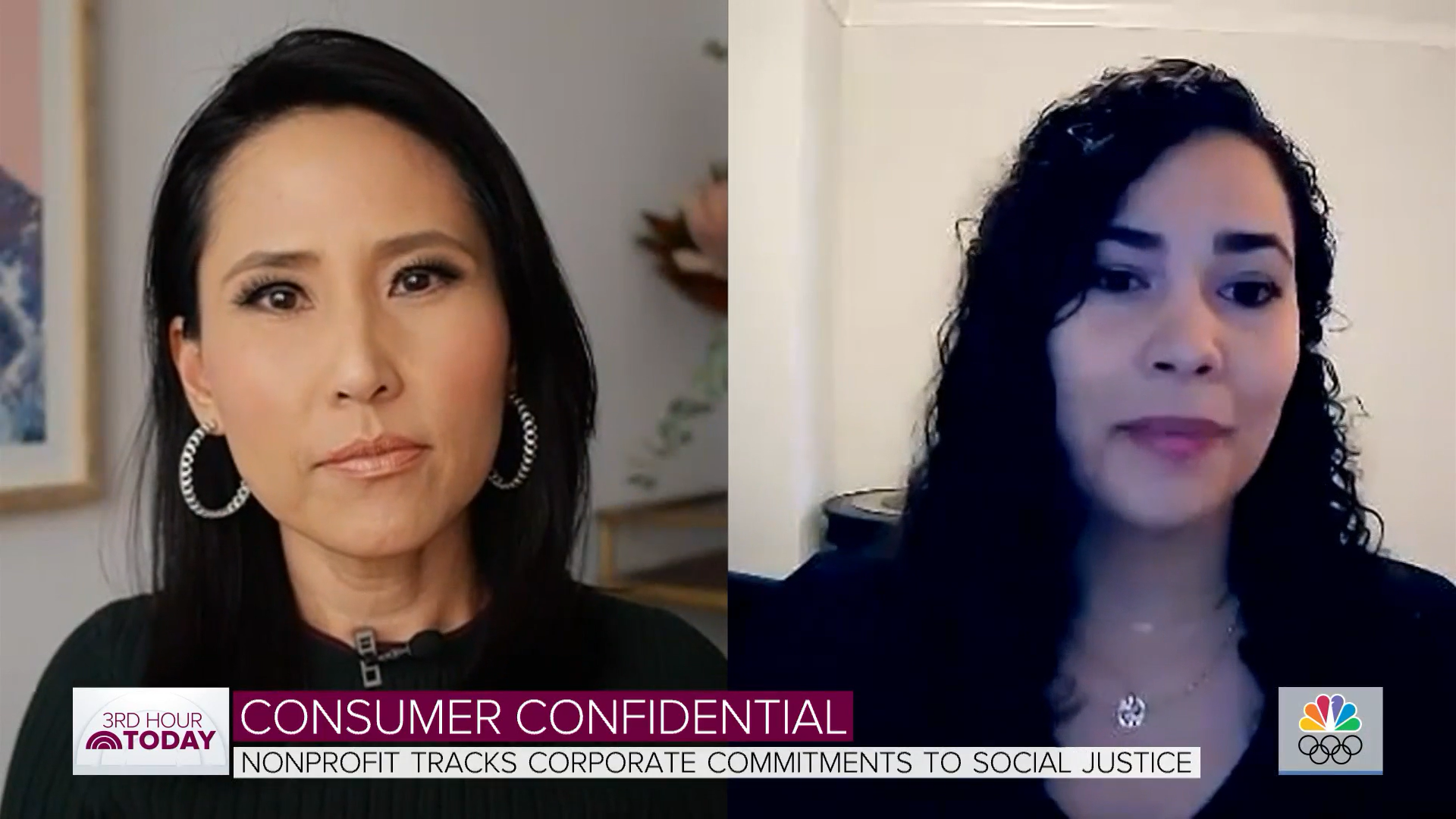RACIAL JUSTICE
Equity is a foundation of strong governance, innovation, and long-term corporate value. The Racial Justice Initiative helps companies and investors strengthen these foundations by addressing systemic inequities in hiring, pay, advancement, and community engagement. Transparent, data-driven action on racial equity builds resilient businesses and more inclusive economies.
Through direct dialogue and shareholder advocacy, As You Sow works with corporate leaders to integrate equity goals into business strategy. Companies that measure and disclose outcomes demonstrate accountability, attract diverse talent, and earn lasting trust from all stakeholders including employees, investors, and consumers.
The program’s Racial Justice Scorecards assess more than 3,000 of the largest publicly traded companies on their policies and performance related to diversity, equity, inclusion, and environmental justice. Updated quarterly and supported by a transparent methodology, the Scorecards have become a key resource for investors and stakeholders seeking to evaluate real progress.
Recent data reveal both momentum and gaps. Two-thirds of major U.S. corporations maintain DEI programs, but only a small number have completed racial equity or civil rights audits. Just 22% have diverse supplier programs, and one in three supports Employee Resource Groups for BIPOC employees. These findings highlight where leadership is growing and where accountability is still needed.
The Racial Justice Initiative demonstrates that measurable equity is a business imperative. By improving transparency and fostering collaboration between companies and investors, As You Sow advances a vision of corporate responsibility that builds long-term value and strengthens communities.
Learn more through:
• Racial Justice Scorecard Data Visualization Tool
• Quarterly Update Key Findings


